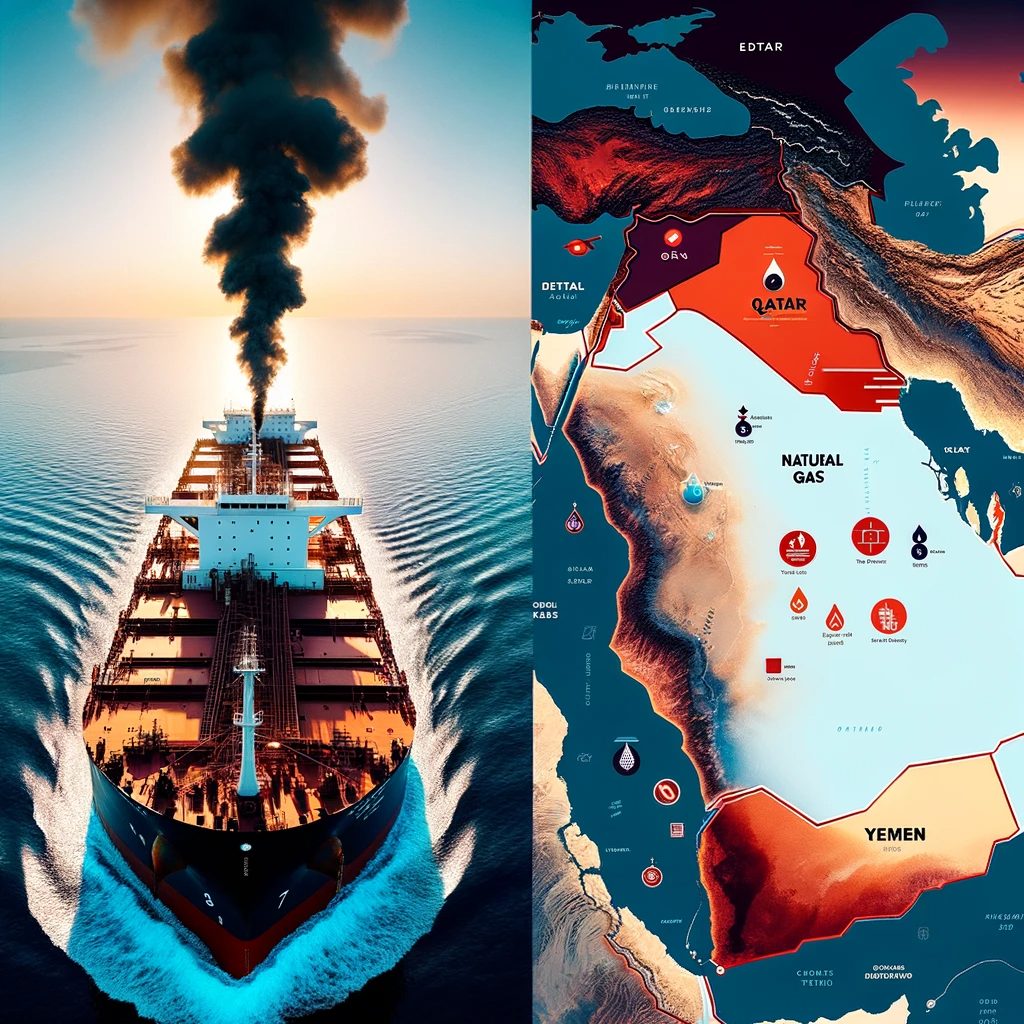Tensions in the Red Sea Rising, Potential Impact on Natural Gas Supply
Summary: The Prime Minister of Qatar has expressed concerns that the escalating tensions in the Red Sea might disrupt the flow of liquefied natural gas. This statement follows a recent incident where ships were attacked off the coast of Salif in Yemen, approximately 100 nautical miles away, as reported by the UK Maritime Trade Operations (UKMTO). Additionally, there are comments regarding the military operations conducted by Yemeni armed forces in the Gulf of Aden targeting American ships, described as precise and direct attacks.
BREAKING:
⚡ 🇶🇦Qatar’s Prime Minister
” liquified natural gas flows could be disrupted due to escalation in the Red Sea”https://t.co/BDF18qvsMS pic.twitter.com/v9ZRAyYOfW
— Megatron (@Megatron_ron) January 16, 2024
User Reactions:
- Megatron: “Escalation in the Red Sea could impact natural gas supply.”
- World News Index: “Reports of ships being attacked in the Red Sea.”
- أبو مراد: “Stopping Israel’s attacks on the Gaza Strip could be a solution.”
- Maurice Vhenx: “Tired of hearing their talks.”
- BZ: “Iran’s main goal is…”
- Tafweez Ur Rehman: “Their statements are likely limited to oil and money.”
- мυѕѕαωαя вυтт: “Yemen fighting for the freedom of Palestine is not supported by Arab countries.”
- Amber: “Countries that supported the US and UK are now worried about oil supply.”
These reactions highlight the complexity of the situation in the Red Sea and its potential impact on global energy supplies. The responses vary from geopolitical analysis to calls for broader solutions to ongoing conflicts in the region. The incident underscores the fragile nature of international trade routes and the wide-reaching consequences of regional conflicts.










